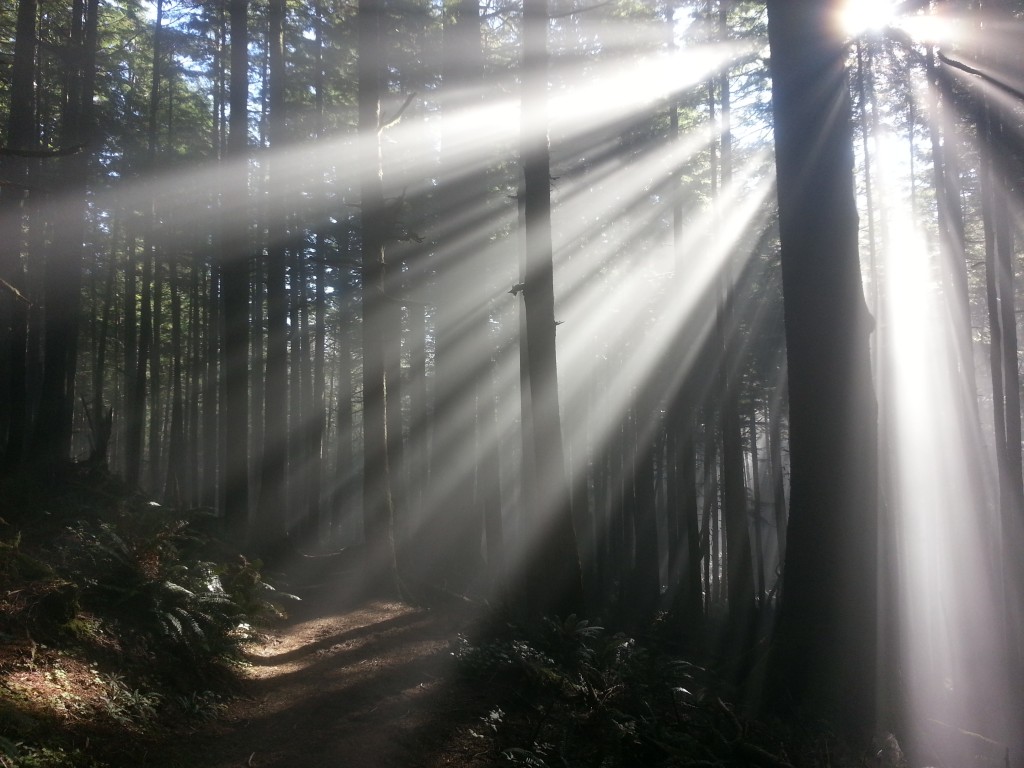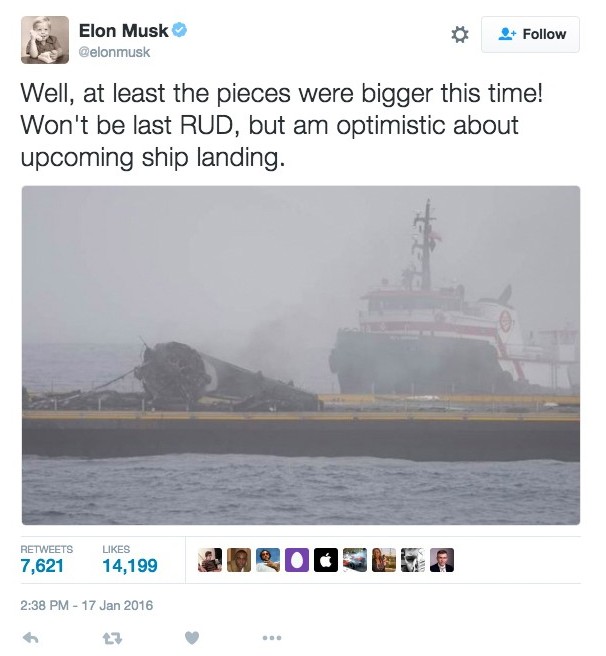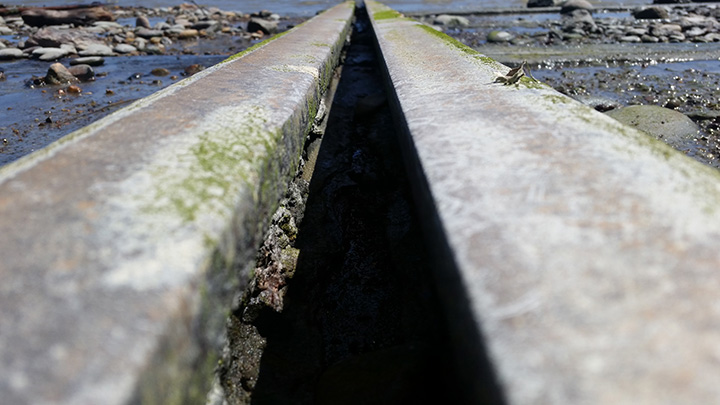
In the 1962 book, Silent Spring, renowned environmentalist Rachel Carson writes: “In nature, nothing exists alone.”
Truer words were never written. The air, the land and the ocean are home to all of the Earth’s inhabitants—and they are all citizens of our planet. They’re part of the enduring life cycle that has revolved–and evolved–since the beginning of time.
Some would say our planet and its creatures are resilient, adapting to warmer temperatures, rising sea levels, and other dramatic shifts–whether occurring instantly or over time–to individual ecosystems. Others would note the delicate balance of our planet’s systems, and how careless indulgences without regard for the environment can quickly throw the system off balance entirely. Rivers dry up. Habitats are destroyed. Species become endangered. Some disappear forever.
Nothing exists alone. And while the planet could very well survive without US, WE cannot survive without IT.
We’ve chosen to focus our work on the world’s oceans—more specifically, “what sinks.” No other organization focuses on this aspect of our world’s water supply in the same way that we do. It’s a two-pronged approach: protecting people and protecting the planet.
- We’re pushing for the removal of ocean-floor debris, particularly wrecks of air and sea craft with the potential to leak fuel and other toxic chemicals into the water for decades.
- We’re intercepting seafood byproduct that would otherwise be dumped into the ocean and using it to feed people. While many assume this material would harmlessly biodegrade in the ocean, that is not the case. Huge amounts, when dumped en masse, will disrupt the ecosystem dramatically. Instead, this material can (and is) being intercepted, processed, and shipped overseas to feed people in other countries.
- We’re promoting the responsible recycling of ships. This is an effort to keep oil, fuel, and other toxic pollutants from freely flowing into the ocean, as they do at ship breaking facilities in India, Indonesia, Bangladesh, Turkey and other countries. These facilities are not only a major threat to the environment, but also to the health and safety of their workers, who toil long hours for a few dollars a day, in conditions that are life-threatening. Death is not an anomaly among ship breakers.
We cannot be so arrogant as to believe we can continue living as we do—continuing to pollute, to waste, to destroy. Our planet has endured much, but she is breakable as far as sustaining human life is concerned. She can go on without us. But we cannot go on without her.
We’re protecting people. We’re protecting the planet. Are you with us?




